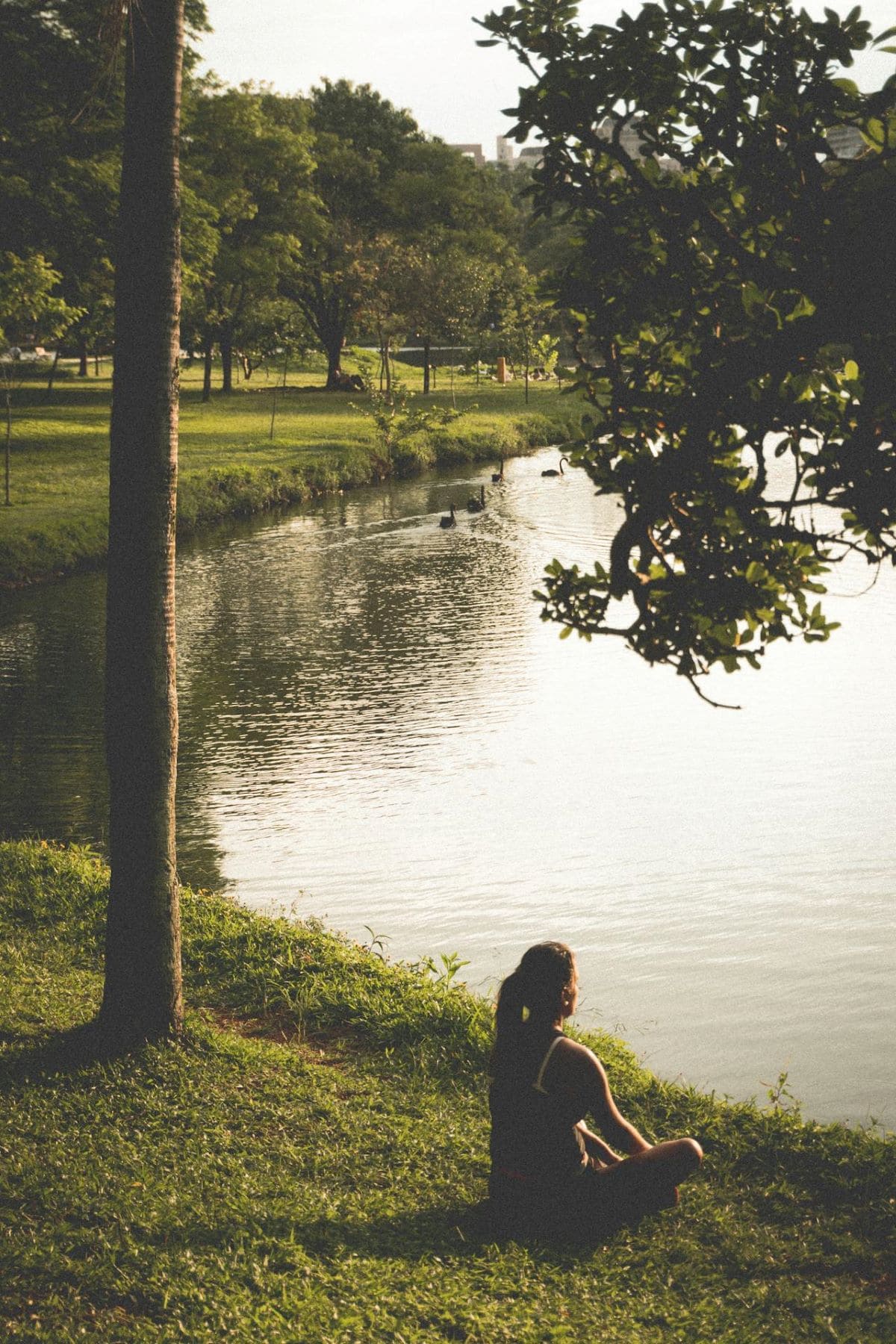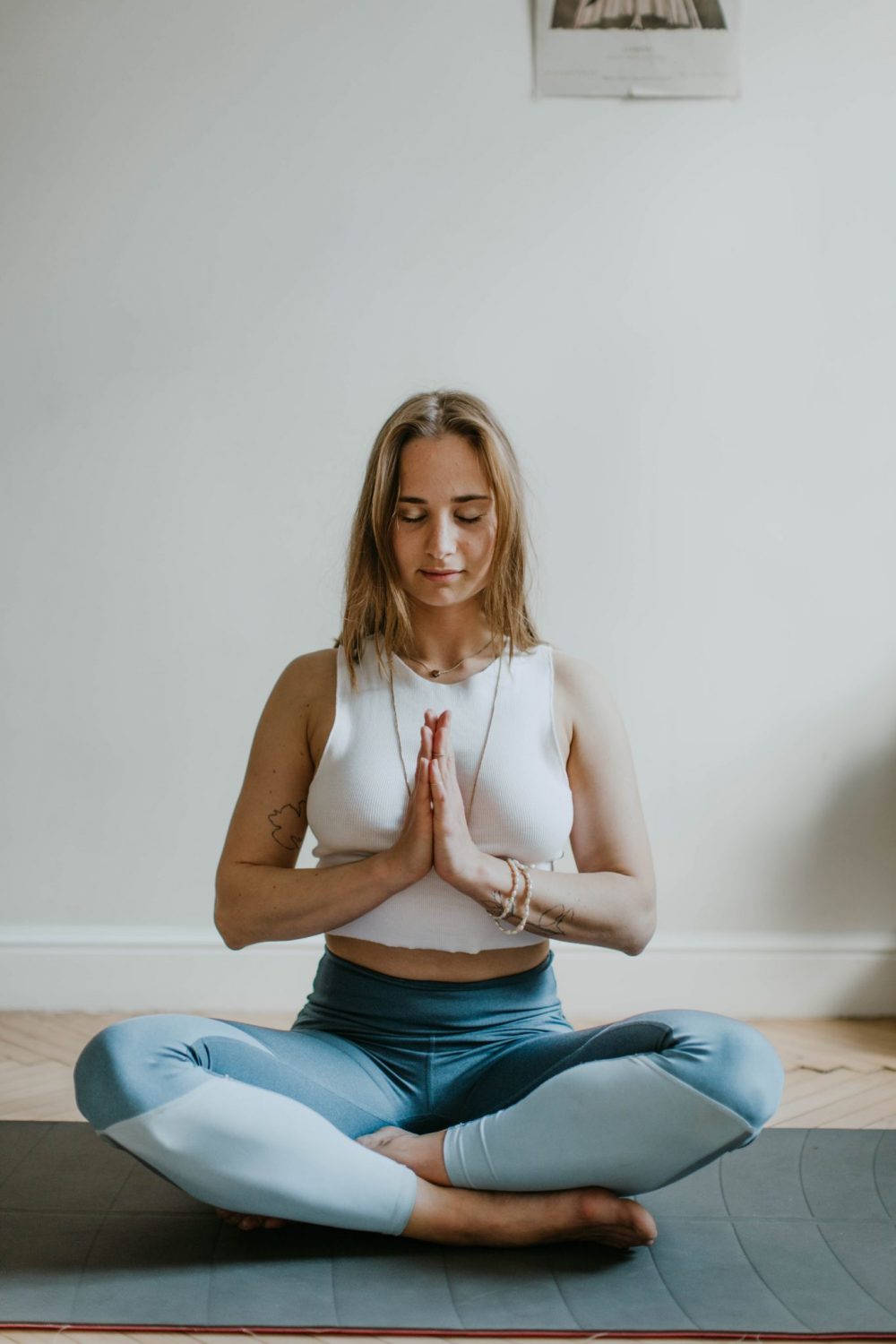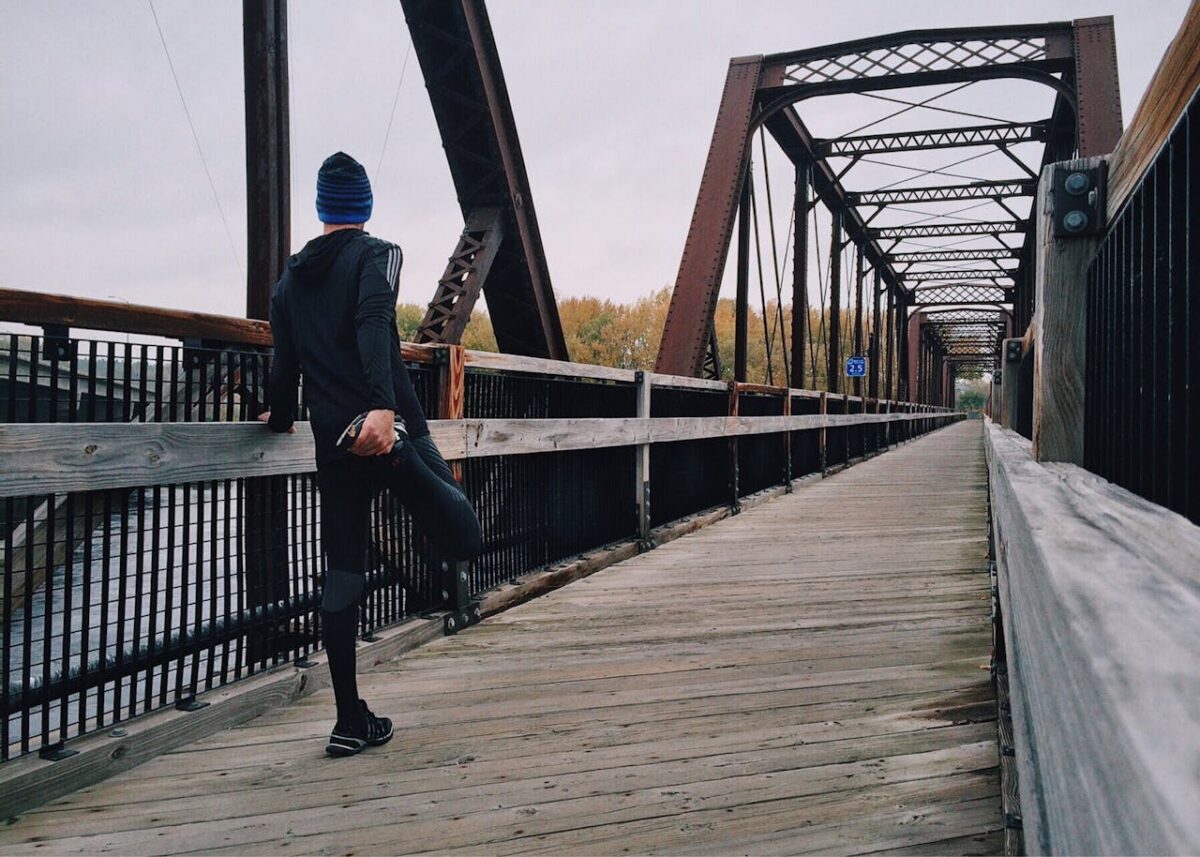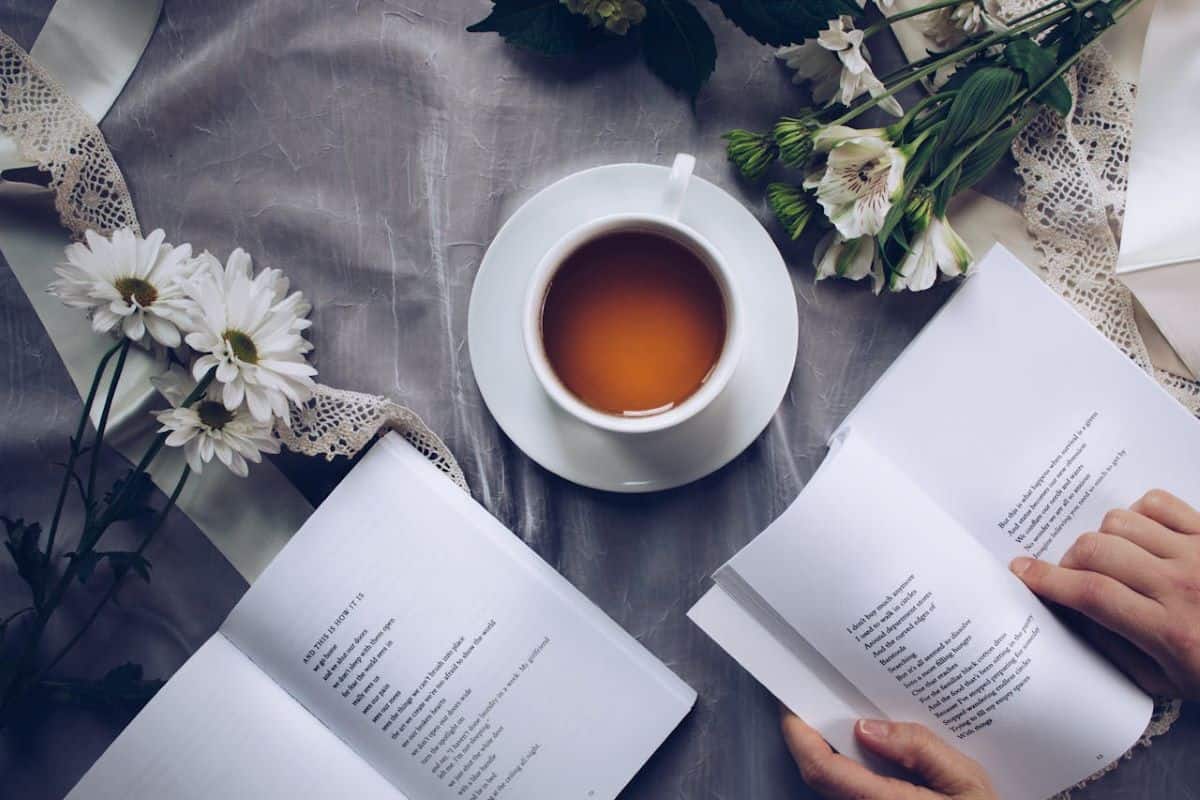With the increasing demands of work, juggling family commitments and maintaining a social life, we can often feel exhausted and burnt out once our working day is done. That's why it's vital to prioritize slowing down and taking some time to unwind and relax after a long day.

The impact of stress on mental and physical health
Stress can have a significant impact on both our mental and physical health, including:
- Contributing to feelings of anxiety and depression
- Physical health problems, such as headaches, stomach problems and heart disease
- When we're stressed, it can be difficult to focus and be productive at work

Mindfulness and meditation techniques
Mindfulness and meditation are great ways to help you unwind and reduce stress. There are many different techniques that you can try, such as:
- Deep breathing: This is a simple but effective way to reduce stress. To do this, sit or lie down in a comfortable position and take slow, deep breaths.
- Mindful walking: This technique involves paying attention to your senses as you walk. Notice the feel of the ground beneath your feet, the sounds around you and the sights you see.
- Guided meditation: This type of meditation involves listening to a recording or guided meditation app that leads you through a meditation session.

The importance of physical activity as a way to unwind
Physical activity is another great way to help you reduce stress, as exercise can help to release endorphins, which are natural mood boosters. There are many different types of physical activity that you can try, such as:
- Yoga: Yoga is a great way to improve your flexibility, strength and balance. It can also help to reduce stress and anxiety.
- Swimming: Swimming is a low-impact exercise that is gentle on your joints, and can also help to improve your cardiovascular health.
- Taking a walk: Even a short walk can help you to clear your head and reduce stress.

Creating a bedtime routine for better sleep
Getting a good night's sleep is essential for your health. Creating a bedtime routine can help you to wind down and prepare for sleep. Some tips for creating a bedtime routine include:
- Avoiding screens: The light emitted by screens can interfere with your sleep, so avoid using screens for at least an hour before bed.
- Practicing relaxation techniques: You could consider incorporating a cup of sleep tea into your evening routine to help improve your quality of sleep each night.
- Creating a relaxing environment: Make sure your bedroom is dark, quiet and cool.
- Taking a warm bath: A warm bath can help you to relax and prepare for sleep.






Leave a Reply